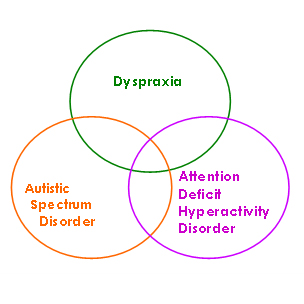Attachment and Trauma – Advanced (Jenny Jones, Inspired Foundations, Jan 2015)
A summary of my learning in a format for sharing with parents and teachers:
|
Strategy |
Rationale / Example |
|
Give low key praise – e.g. thumbs up with big smile, sticker to put in bag / on sheet rather than on self, certificate posted home instead of given in assembly |
Often have poor self self esteem so praise can result in a conflict between ‘how I feel about me’ & ‘what you are telling’ me – child will engage in poor behaviour to resolve this internal conflict |
|
Understand the ‘whole child’ – meet with parents regularly |
Child may ‘hold it together’ at school then show full emotions at home |
|
See the behaviour as communication |
… but know that this is their strategy and they will resist you trying to change it. |
|
‘Notice’ and ‘wonder out loud’ about behaviours |
e.g. “I’ve noticed that you… I wonder if” – empathetic listening |
|
Warn child if about to raise voice within class |
Child may have witnessed domestic violence and ‘loud’ may trigger stress response |
|
Be clear in communication (“stop being silly” may not mean anything) |
Instead of ‘calm down’ which child may not know how to do, give guidance: “sit on a chair, take deep breaths and feel your heart slow down” |
|
Acknowledge their hurt even if it seems unreasonable |
Else you ‘rubbish’ how they feel confirming negative self belief |
|
Find a manner that does not induce shame |
Toxic shame prevents the child moving through the natural stage of guilt followed by reparation – often need a few minutes longer to get to this stage |
|
Understand that simply being in school can induce anxiety |
Variety of reasons to include separation from parents & a difficulty picking up on non-verbal rules |
|
Think ‘younger’ – emotional age will usually be below chronological age |
But see it as an opportunity to address gaps in ‘foundations’ |
|
Encourage social-emotional development through e.g. –
|
Usually struggle with unstructured times; may not ‘read’ the rules of simple playground games To inform of significant events that may have repercussions in other setting (e.g. told off at school angry / upset at home or vice versa) To put in good work / news from home and school – this must carry in next class as affects self-worth |
|
Emotionally focused programmes: Nurture; peer massage; forest school, SEAL |
For developmental ‘catch-up’ |
|
Identify times when additional support may be needed: school trips; class assemblies / plays; transitions; residentials |
As anxiety levels will be higher than for typical children Rules may need to be more flexible |
|
Give simplified ‘bite sized’ tasks e.g. first task – date; next – title |
To give child the experience of task completion |
|
Visual timetable / reminders to include breaks and home time |
To reduce anxiety and re-assure re home time |
|
Fidget toys / stress balls etc |
To assist sensory / emotional regulation |
|
Key adult (very significant factor) at key times: meet & greet, after break, before lunch (“I’ve checked there’s plenty of food”); end of school. “Must be consistent else will increase anxiety. If absent, ensure a ‘back-up’ adult can say “Mrs… asked me …..” |
An attachment figure reduces stress and so the need for inappropriate attention needing behaviour. May ‘cost’ up to 15 minutes of staff time a day but will save time that is being spent in addressing behaviour |
|
Time out replaced by time in (“you look like you need to be closer to me to concentrate just now…”) |
Else sends the message of “you’re not good enough to be near me” which reinforces negative self concept |


